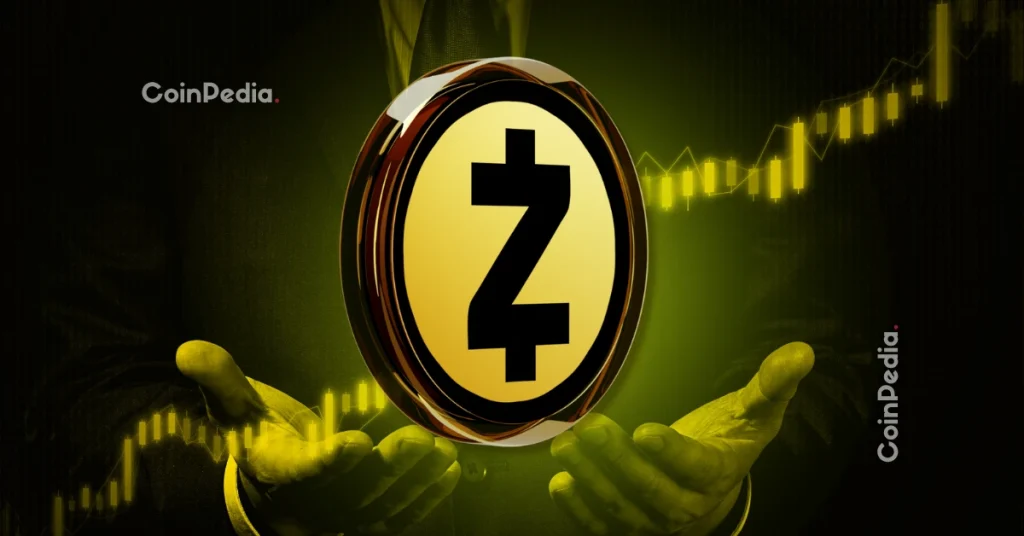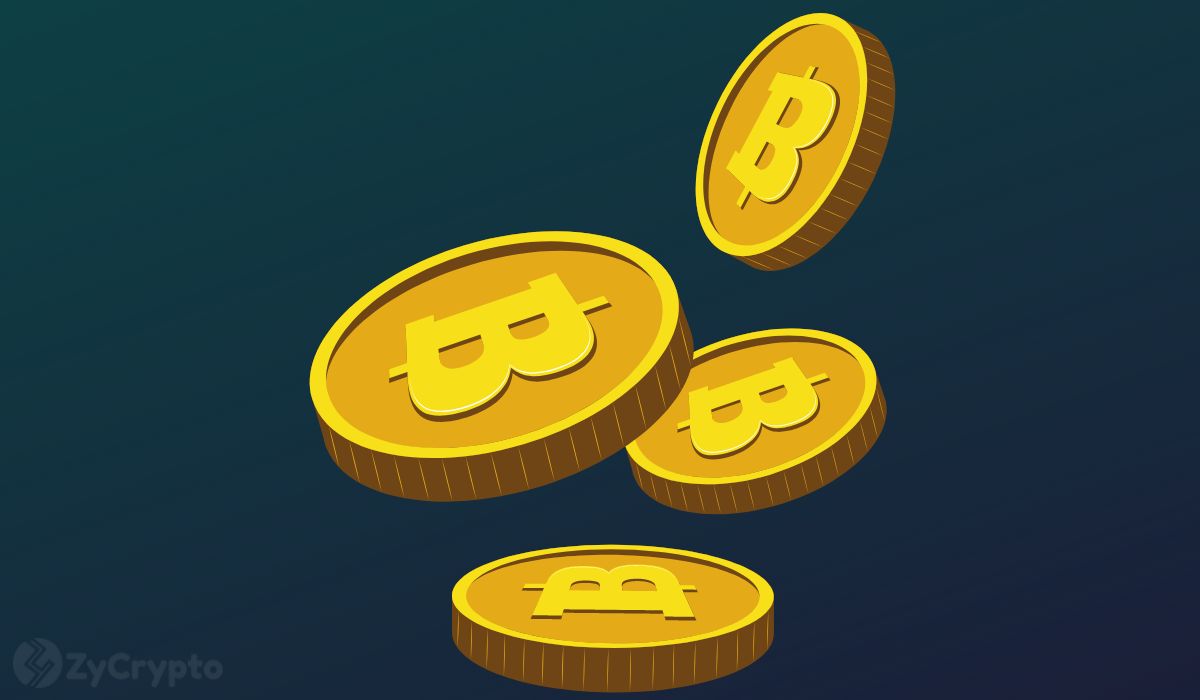In a move that could significantly reshape the landscape of national financial strategies, Taiwan is reportedly exploring the integration of Bitcoin into its national reserves. As of November 21, 2025, this deliberation by the technology-rich island nation signals a growing recognition of digital assets not merely as speculative instruments but as legitimate tools for economic stability and sovereignty. This potential adoption could position Taiwan at the forefront of a new wave of national asset management, prompting a global conversation about the future of reserve currencies and their role in an increasingly complex geopolitical environment.
A Bold Geopolitical Play?
Taiwan’s unique geopolitical position often necessitates innovative approaches to national security and economic resilience. Surrounded by shifting international dynamics and maintaining a delicate balance in global trade, the island’s consideration of Bitcoin as a reserve asset can be viewed through a strategic lens. Beyond mere financial diversification, holding a decentralized, censorship-resistant asset like Bitcoin could provide an additional layer of financial autonomy, insulating Taiwan from potential economic pressures and traditional financial system vulnerabilities. This decision echoes a broader sentiment among some nations seeking alternatives to the dollar-dominated global financial order.
- Financial Independence: Bitcoin offers a means to circumvent traditional banking systems and potential sanctions.
- Geopolitical Hedging: A strategic asset to fortify the nation’s financial standing amidst external pressures.
- Precedent Setting: Could inspire other nations facing similar geopolitical challenges to consider digital assets.
Diversification Beyond Gold and Fiat
Traditionally, national reserves have been dominated by gold and major fiat currencies like the U.S. dollar, Euro, and Japanese Yen. However, global economic shifts, inflation concerns, and the weaponization of financial systems have prompted nations to re-evaluate their portfolios. Bitcoin, often dubbed ‘digital gold,’ presents an attractive alternative due to its finite supply, decentralized nature, and increasing global acceptance. Taiwan’s exploration could stem from a desire to:
- Mitigate Fiat Inflation: Protect national wealth from the eroding effects of quantitative easing and currency debasement.
- Increase Portfolio Resilience: Diversify away from assets susceptible to political influence or traditional market downturns.
- Capitalize on Growth: Potentially benefit from Bitcoin’s long-term appreciation trend, adding value to national coffers.
The Practicalities: Acquisition, Security, and Regulation
Integrating Bitcoin into national reserves is not without its significant challenges. The practicalities of acquiring, securing, and managing substantial quantities of a volatile digital asset would require robust infrastructure and clear regulatory frameworks. Key considerations for Taiwan would include:
- Acquisition Strategy: How would the government acquire significant Bitcoin without causing market disruption? Direct purchases, mining operations, or a combination of methods.
- Custody and Security: Implementing state-of-the-art cold storage solutions, multi-signature protocols, and rigorous cybersecurity measures to protect against hacks or internal malfeasance.
- Regulatory Clarity: Developing clear legal and accounting standards for Bitcoin as a national asset, defining its role in monetary policy and international transactions.
- Market Volatility Management: Strategies to handle Bitcoin’s inherent price fluctuations and their potential impact on national balance sheets.
Global Ripple Effects and Economic Implications
Should Taiwan proceed with adopting Bitcoin as a reserve asset, the implications could be far-reaching. It would serve as a powerful validation of Bitcoin’s status as a legitimate, institutional-grade asset and could catalyze similar moves by other sovereign states. This would not only boost Bitcoin’s market capitalization but also accelerate the broader integration of digital assets into the global financial ecosystem. Traditional financial institutions and central banks would be forced to further acknowledge and potentially adapt to this paradigm shift, driving innovation and competition in the realm of global finance.
Conclusion
Taiwan’s strategic consideration of Bitcoin reserves marks a significant moment in the evolving relationship between nation-states and decentralized digital currencies. It represents a forward-thinking approach to fortifying financial sovereignty and adapting to the realities of a hyper-connected, yet unpredictable, global economy in 2025. While challenges abound, the potential benefits in terms of diversification, resilience, and geopolitical leverage make this exploration a pivotal development to watch for its profound economic and political ramifications worldwide.
The post Taiwan Explores Bitcoin Reserves: A Strategic Move for Financial Sovereignty in 2025 appeared first on FXcrypto News.





















 24h Most Popular
24h Most Popular






 Utilities
Utilities